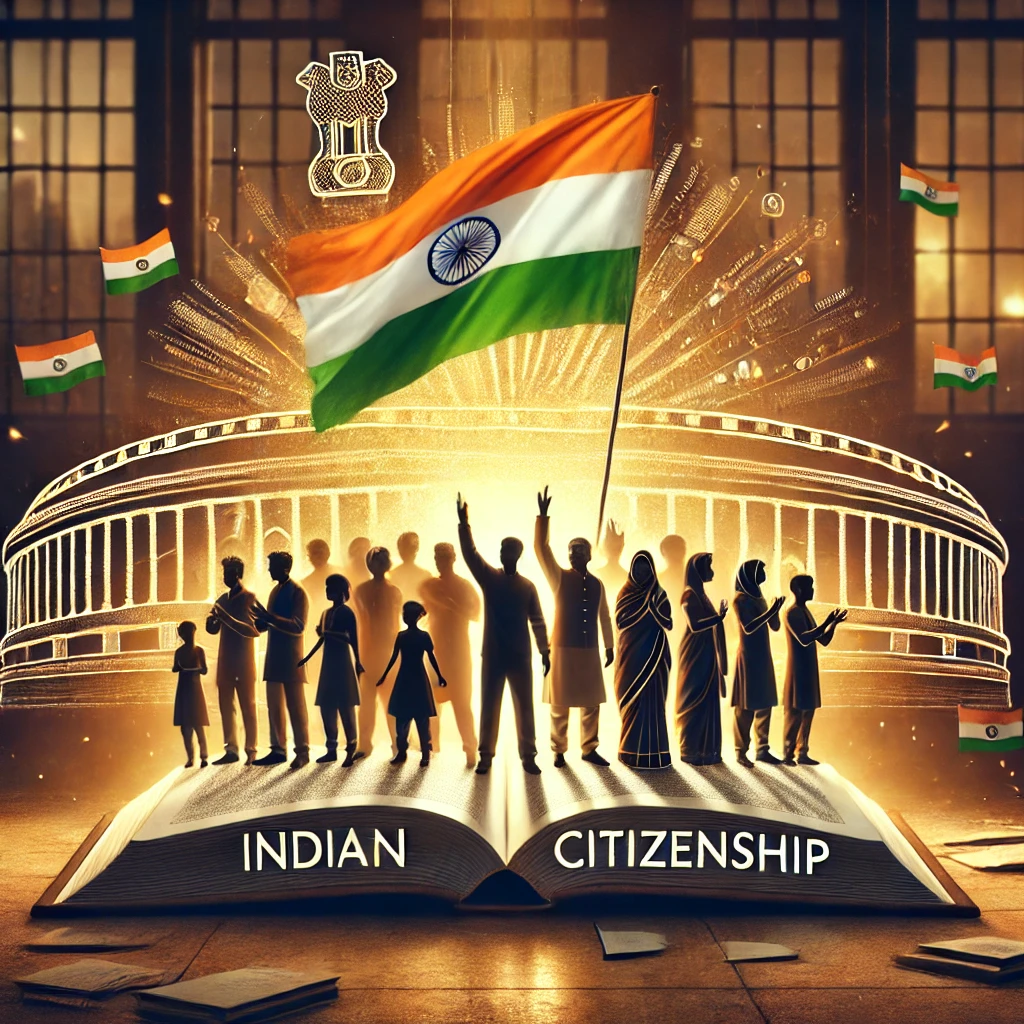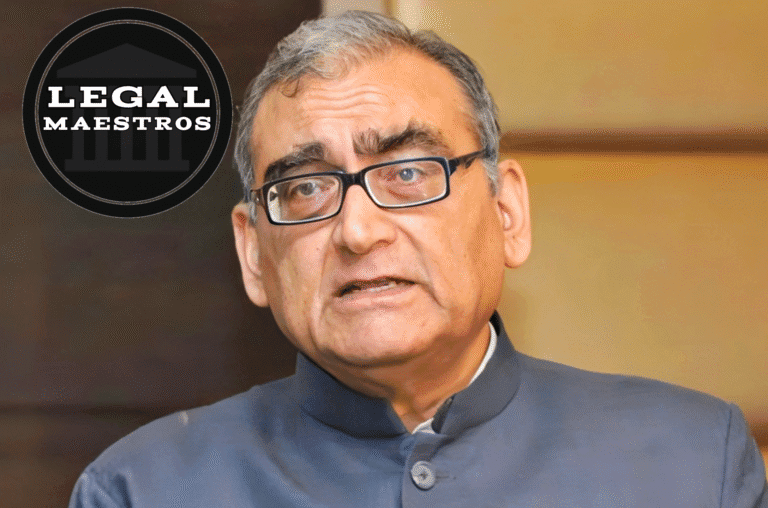
The Interplay Between Citizenship Laws and Social Justice in the Indian Legal System
Citizenship laws are a part of the fundamental definition of a nation’s legal identity of its people. In India, these laws have evolved through time, reflecting the complex history of the country, diversity in population, and social-political dynamics. Citiership laws and social justice have interlinked intricacies influencing the rights and privileges of various communities and individuals.
**Historical Context of Indian Citizenship Laws**
At the moment of Indian independence in 1947, the nation stood with the massive challenge of defining citizens in an atmosphere of partition and mass migration. The Constitution of India, adopted in 1950, provided the basic structure for citizenship by elaborating a scheme both for people who were already domiciled in India as well as for those people who had migrated from Pakistan. Subsequently, the Citizenship Act of 1955 further elaborated the provisions, establishing the legal structure governing acquisition and determination of Indian citizenship.
For More Updates & Regular Notes Join Our Whats App Group (https://chat.whatsapp.com/DkucckgAEJbCtXwXr2yIt0) and Telegram Group ( https://t.me/legalmaestroeducators ) contact@legalmaestros.com.
**The Citizenship (Amendment) Act, 2019 (CAA)**
One landmark recent development in the citizenship laws of India is the Citizenship (Amendment) Act, 2019. The said Act aimed to offer an expedited path to Indian citizenship for the persecuted religious minorities—Hindus, Sikhs, Buddhists, Jains, Parsis, and Christians—residing in Afghanistan, Bangladesh, and Pakistan, who entered India prior to December 31, 2014. The most critical part about the Act was excluding Muslims from the same three countries, which attracted widespread debates and protests.
The critics also said the CAA is against the secular principles underlying the Indian Constitution by bringing in religion as a basis for who should be considered a citizen. According to the International Commission of Jurists, the CAA is in variance with international law, the right to equality before the law, and the right not to be discriminated against, which are safeguarded rights under human rights conventions to which India is signatory. ([icj.org](https://www.icj.org/hrc43indiacaa/?utm_source=chatgpt.com))
**Judicial Interpretations and Social Justice**
The judiciary has played a pivotal role in interpreting citizenship laws in the context of social justice. In October 2024, the Supreme Court of India ruled that the provisions of the Citizenship Act, 1955, should not be interpreted liberally to grant citizenship to foreigners. The Court emphasized that citizenship cannot be conferred by doing violence to the plain language of the Act, underscoring the importance of adhering to the statutory framework. ([tribuneindia.com](https://www.tribuneindia.com/news/india/act-cant-be-interpreted-liberally-to-grant-citizenship-to-foreigners-sc/?utm_source=chatgpt.com))
Contrasted with this, in December 2024, the Supreme Court conferred citizenship on a Hindu immigrant from East Pakistan now Bangladesh who had entered India as a migrant in 1969. The Court relied on the provisions of the CAA, stating that people like the appellant should not be considered illegal migrants. This judgment further spoke to how the judiciary put in place amended citizenship laws for individual cases, showing the subtle balance between legal provisions and social justice concerns. ([theprint.in](https://theprint.in/judiciary/relying-on-caa-sc-grants-citizenship-to-hindu-immigrant-sacked-by-bengal-govt-as-non-indian/2395994/?utm_source=chatgpt.com))
Impact on Refugee Communities
India is home to a diverse population of refugees, including communities such as the Rohingya from Myanmar. The citizenship laws of the country greatly affect the rights and services of these groups. For example, many Rohingya refugee children in Delhi have been unable to enroll in government schools because of their legal status. Although they had all the required documents, the children were not allowed to attend school, showing the broader impact of citizenship laws on social justice and human rights. ([theguardian.com](https://www.theguardian.com/global-development/2024/nov/26/education-rohingya-refugee-children-india-schools?utm_source=chatgpt.com))
**Citizenship Laws and Religious Minorities**
Citizenship laws intersect with religious identity in a manner that has very serious implications for social justice in India. Many people view the CAA’s exclusion of Muslims from its provisions as discriminatory. Journalist Rahul Bhatia writes in his book “The New India: The Unmaking of the World’s Largest Democracy” about how such legislative measures have contributed to the marginalization of Muslims, altering the secular fabric of the nation. ([theguardian.com](https://www.theguardian.com/books/article/2024/jul/31/the-new-india-by-rahul-bhatia-review-how-nationalism-changed-a-country?utm_source=chatgpt.com))
**Conclusion**
But what is even more complex and multifaceted is the intersection between Indian citizenship law and social justice. On one hand, the legal framework defines and regulates citizenship. Its application has enormous ramifications in relation to social equity and the protection of minority rights. The constant flux of changes to Indian society today require that citizenship laws stay in tune with justice, equality, and inclusion-being core values of the Indian Constitution and human rights.





